Principios SOLID y Clean Code. Escribe código de calidad.
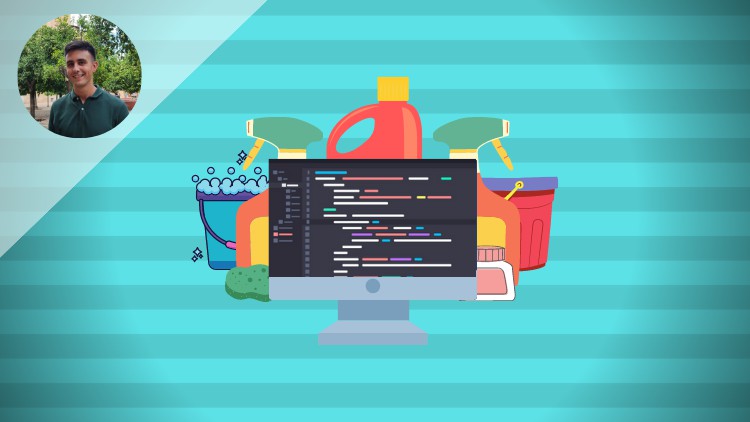
Why take this course?
🎓 Principios SOLID y Clean Code: Escribe Código de Calidad✍️
¡Descubre el Arte de Programar con Excelencia!
🚀 Course Headline: Escribe código limpio con los principios del Clean Code y diseña buenas arquitecturas software con los principios SOLID.
Curso Descripción:
Escribir código de calidad es una tarea que va más allá de la sintaxis correcta; va más allá de la mera ejecución sin errores. 🛠️ Es una excelencia que requiere una comprensión profunda de las buenas prácticas y un enfoque metódico para asegurar que nuestro código sea limpio, legible y fácil de mantener.
Este curso está diseñado para guiarte tanto en la calidad del código a nivel básico como en el diseño arquitectural a nivel de proyecto. 🗺️
Curso Estructura:
Bloque 1 - Clean Code
Dive into the world of impeccable code where every line of your script is crafted with intention and precision. You'll learn to:
- Refactor names for functions and variables to be more descriptive and clear.
- Write cleaner and more efficient functions.
- Master the art of writing expressive and helpful comments.
- Format your code to enhance readability.
- Handle errors gracefully and write effective test units.
- Understand and apply the concept of Test Driven Development (TDD).
- Recognize and remedy Code Smells, a list of anti-patterns that may hint at deeper problems in the code.
Bloque 2 - Principios SOLID
Once you've mastered the basics of Clean Code, we'll elevate your skills to architect robust and scalable software designs using the five SOLID principles:
- Single Responsibility Principle (SRP): Ensure that every class or module does one thing and one thing only.
- Open/Closed Principle (OCP): Design for extension, not for modification.
- Liskov Substitution Principle (LSP): Objects of a superclass should be replaceable with objects of a subclass without altering the correctness of the program.
- Interface Segregation Principle (ISP): Clients should not be forced to depend upon interfaces they do not use.
- Dependency Inversion Principle (DIP): Depend on abstractions, not on concretions.
You'll learn how these principles work in harmony and how to apply them effectively, leading to a design that is both elegant and robust.
Aprende Con Ejemplos y Ejercicios Prácticos 🤸♂️🖥️
While the theory behind Clean Code and SOLID principles is crucial for understanding, it's the practical application that truly cements these concepts in your mind. That's why this course is filled with hands-on examples and exercises that will test and reinforce what you learn. 🎓
No Necesitas Ser Experto en un Lenguaje de Programación Específico
This course is designed for programmers who are already familiar with at least one Object-Oriented Programming (OOP) language. Whether you're a Java aficionado or prefer languages like Python, C#, C++, or JavaScript, the principles and advice provided are universally applicable. I will be using Java as the primary language in examples and demonstrations, but the SOLID principles and Clean Code practices are applicable across all OOP languages.
¡Únete a Este Curso y Comienza Tu Viaje Hacia la Excelencia en Programación! 🚀
Con Clean Code y los principios SOLID en tu arsenal, estarás equipado para escribir código que no solo funcione, sino que también sea mantenible, escalable y de fácil comprensión. Te anima a ser parte de este curso y a emprender este camino hacia la calidad del código. 🆗✨
Regístrate ya y empieza a transformar tu enfoque hacia la programación con el objetivo de excelencia.
Course Gallery
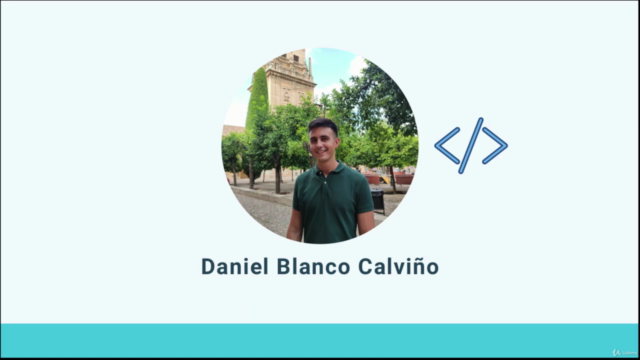
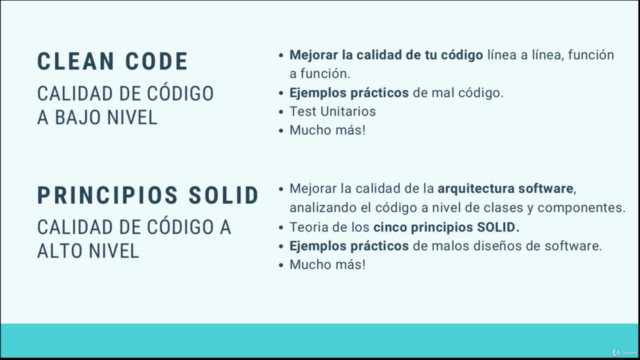
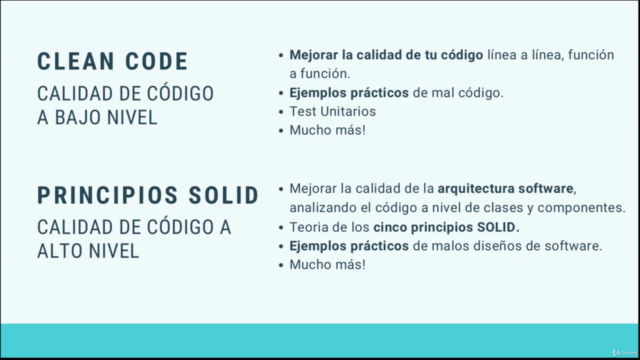
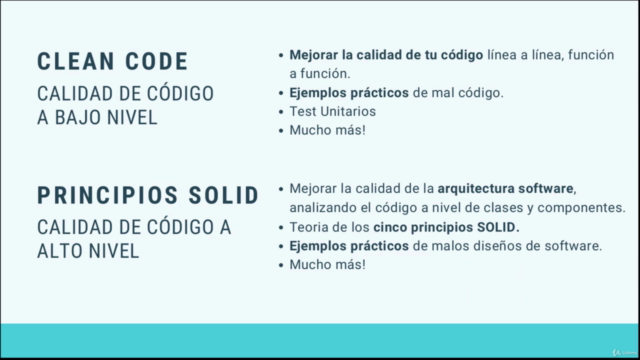
Loading charts...